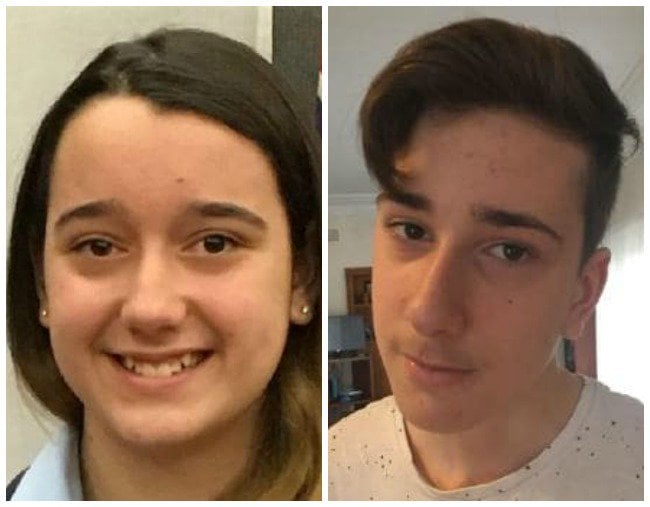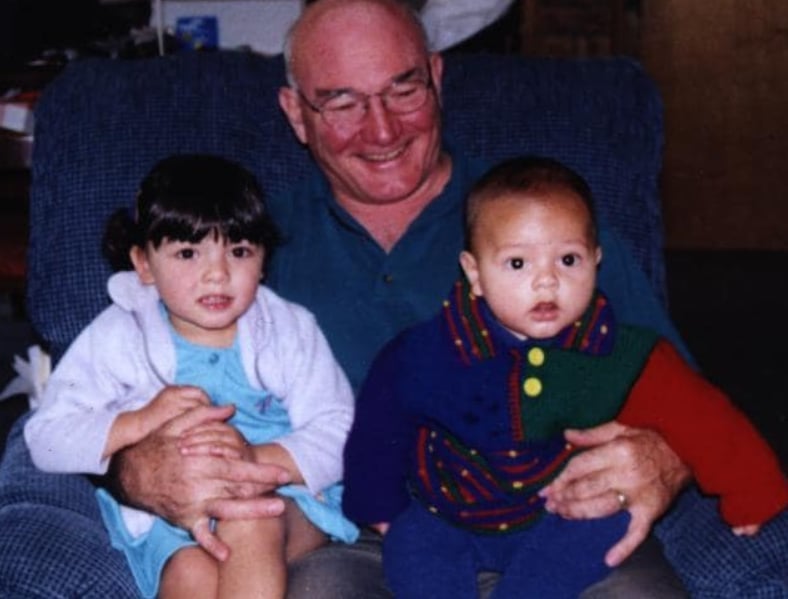
Warning: This story deals with family violence and suicide.
On a Thursday afternoon in July of this year, Olga Edwards walked into her West Pennant Hills home at around 6.30pm. The scene she arrived home to was so horrific, she collapsed from shock.
The solicitor had returned from work to discover the bodies of her 15-year-old son, Jack, and her 13-year-old daughter, Jennifer, who had been killed at the hands of their estranged father.
At the time, police told The Daily Telegraph the Edwards children “were trying to hide in a bedroom and were huddled together when he opened fire”.
Their 68-year-old father, John Edwards, had hired a car so that when he pulled up outside the family home, his children wouldn’t know it was him. He timed the attack just before school holidays, knowing his son and daughter would be at home alone without their mother. Edwards was found dead about 12 hours after his children’s bodies were found, having taken his own life.
It was a case that devastated a community and left those who knew the Edwards family heartbroken. But after that day in July, the tragedy, we thought, was over.



Top Comments
Words fail in these situations. The perpetrator, just another demented, spiteful male. It’s happening all to often these days. That poor woman RIP.
Men have to stop the violence! No more killing women and children and those that try to protect them! That is not a real man, if you can’t control your anger you are nothing but a TODDLER with a weapon! Control yourself, if you can’t do so, go for a long walk. If that doesn’t work, go to a doctor for pills.
Killing people is not, I repeat, not an option! Be a real man and deal with your anger by going for help!